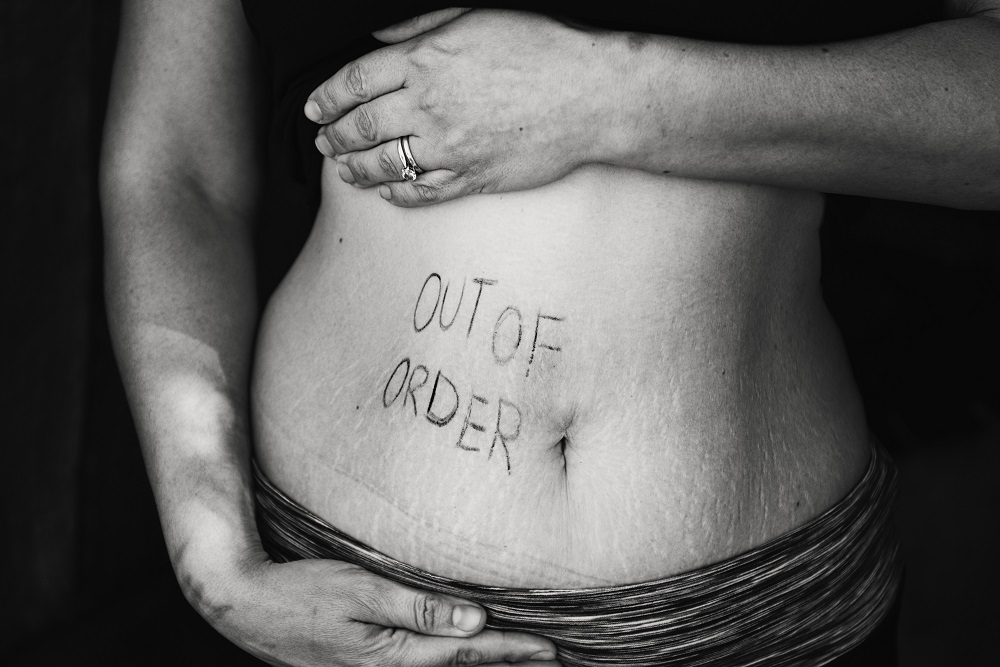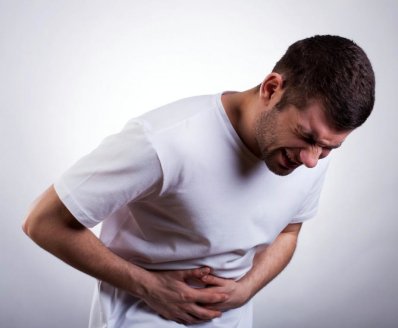We often take our gut or gastrointestinal tract for granted. We eat without thought and wonder why we feel gassy, bloated or pain after a meal. Typical problems can include bloating, gastro-esophageal reflux disease, constipation, diarrhea, ulcers, inflammation of the gall bladder and inflammation of the colon. Actually, 20% of our population suffers from acid reflux or heartburn and 63M people suffer from constipation. This is also a costly problem for most people. Consumers spent $4.2B on OTC antidiarrheal medication, enemas, heartburn medication and laxatives.
If we understand all of the things our gut does for us, maybe we would take better care of our stomach pain, both the physical discomfort and in our pocket books. In simple terms, our GI tract serves 2 major and critical functions in our bodies – it takes the food we eat; turns it into vital nutrients we need to fuel our bodies and then releases toxins and our GI tract contains our microbiome or gut bacteria which is responsible for 70% of our immune function. In addition, there are other organs that contribute to the work of the GI tract but food does not pass through them: the liver, gallbladder and pancreas
How Does The Digestive Track Work
Digestion starts when we smell or think about food. There are enzymes in the saliva that begin the process of breaking down carbohydrates such as fruits, vegetables, breads, cereals and beans. Chewing is essential to break down food into very small pieces and mix it with saliva.
Small pieces of food are then swallowed and through muscular movements, called peristalsis in the esophagus, are pushed little by little into the stomach. Hydrochloric acid (HCl) has already begun to increase production in the stomach to prepare for digesting the coming food. The stomach is a muscular bag that mixes and churns the food. The HCl is responsible for killing any bacteria coming in with the food. It also begins breaking down protein such as meat, fish and chicken. Stomach acid coming back up into the esophagus will cause burning.
Food, now known as chyme, is released slowly into the small intestine. It is mixed with sodium bicarbonate produced by the pancreas to neutralize the acid coming from the stomach. Cells take in nourishment and release metabolic waste. This waste, along with dead cells and indigestible food, is then sent to the large intestine. The large intestine is responsible for holding and consolidating waste and reabsorbing fluids used in digestion back into the system to be used again.









